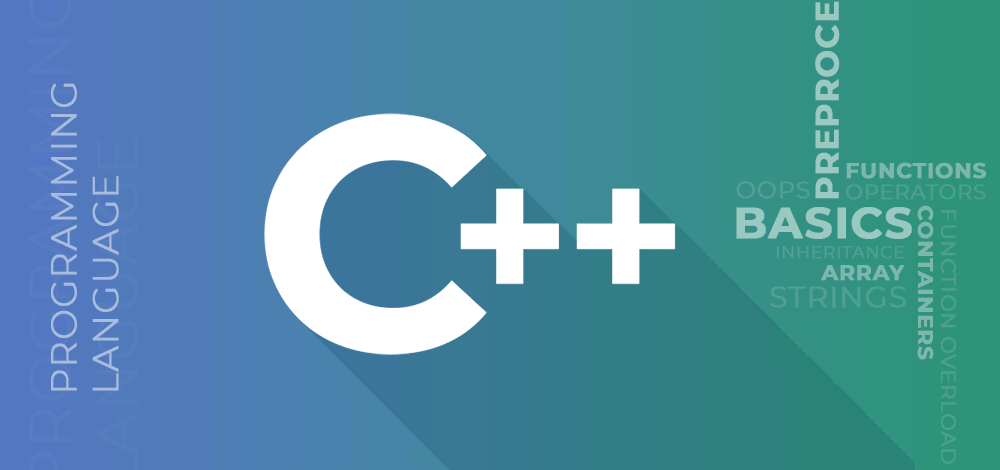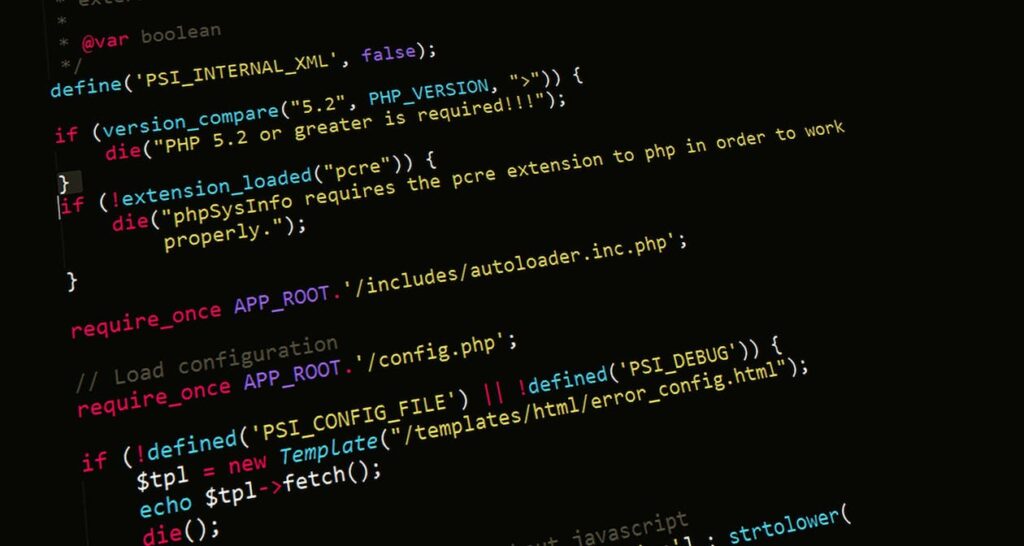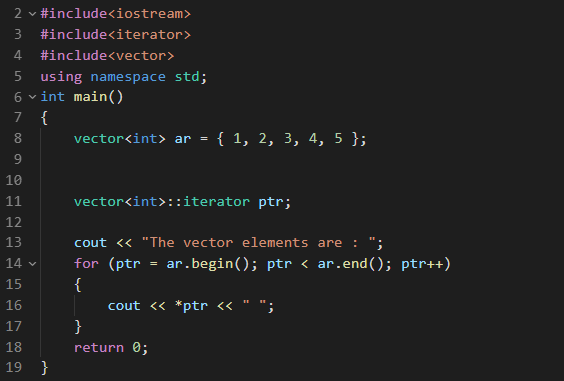C++ Programming
WHAT IS C++?
- C++ is a high-level programming language that extends the capabilities of the C programming language, providing additional features and enhancements.
- It supports multiple programming paradigms, including procedural programming, object-oriented programming (OOP), generic programming, and functional programming, allowing developers to choose the most suitable approach for their projects.
- C++ offers direct memory manipulation and low-level access to hardware, making it well-suited for system-level programming and applications that require performance optimization.
- It provides a rich standard library, including the Standard Template Library (STL), which offers a collection of data structures and algorithms that can be used to simplify and expedite development tasks.

USE OF C++
- C++ is often used for system-level programming, where direct control over hardware and memory is required. It allows developers to write efficient code that interacts closely with the underlying system, making it suitable for developing operating systems, device drivers, and other low-level software.
- C++ is widely used in the game development industry due to its performance and flexibility. It provides direct access to computer hardware, allowing developers to create high-performance graphics engines, physics simulations, and game logic. Popular game engines like Unreal Engine and Unity are built using C++.
- C++ is commonly employed in the development of embedded systems, such as microcontrollers, automotive systems, and IoT devices. Its efficiency, low-level control, and ability to interface with hardware make it a preferred choice for developing firmware and embedded software.
- C++ is favored for performance-critical applications where speed and efficiency are crucial. It allows developers to optimize code at a low level, utilize memory efficiently, and take advantage of features like inline assembly code. Applications like scientific simulations, real-time simulations, and high-frequency trading systems often rely on C++.
- C++ is used to develop high-performance libraries and frameworks that are utilized by other programming languages. Libraries like Boost, Eigen, and OpenCV provide powerful functionality for tasks such as mathematical computations, linear algebra, and computer vision.
WHAT ARE THE FEATURES OF C++?
Object-Oriented Programming (OOP) – C++ supports object-oriented programming principles, including classes, objects, inheritance, polymorphism, and encapsulation. This allows for modular and reusable code, making it easier to manage and maintain complex software systems.
Strong Type System – C++ has a strong static type system, which helps catch errors at compile time and provides better type safety. It enforces strict typing rules, allowing developers to define and manipulate different types of data, ensuring data integrity and preventing common programming errors.


- Template Metaprogramming – C++ supports template metaprogramming, which allows for generic programming. Templates enable the creation of generic algorithms and data structures that can operate on various types, providing flexibility and code reusability.
- Low-Level Control – C++ allows direct memory manipulation and provides features like pointers, references, and manual memory management. This low-level control makes it suitable for system programming and performance-critical applications where fine-grained control over system resources is required.
- Standard Template Library (STL) – C++ includes the Standard Template Library (STL), which provides a collection of generic algorithms, containers, and functions. The STL simplifies common programming tasks by offering ready-to-use data structures (like vectors, lists, and maps) and algorithms (like sorting, searching, and manipulating collections).
THE BENEFITS OF LEARNING TO CODE WITH C++
Versatility and Market Demand – C++ is a widely used programming language with a strong presence in various domains, including system programming, game development, embedded systems, and high-performance computing. By learning C++, you gain a versatile skill set that opens up numerous career opportunities and increases your market value as a programmer.
Low-Level and High-Level Programming – C++ allows you to work at both low-level and high-level programming paradigms. It provides low-level control over system resources, such as memory management and hardware interaction, which is essential for developing efficient and performance-critical applications. Additionally, C++ supports high-level abstractions through object-oriented programming, enabling you to write modular, reusable, and maintainable code.
Understanding Computer Architecture – Learning C++ deepens your understanding of computer architecture and how software interacts with hardware. C++ exposes you to concepts like pointers, memory management, and direct hardware access, helping you grasp fundamental concepts related to computer systems and enhancing your ability to optimize code for efficiency.
Transferable Skills – C++ is considered a “mid-level” language, meaning it shares features and syntax with both high-level and low-level languages. Learning C++ equips you with transferable skills that make it easier to learn and adapt to other programming languages. Once you grasp the concepts of C++, transitioning to other languages becomes relatively smoother.
Performance and Efficiency – C++ is known for its emphasis on performance and efficiency. By mastering C++, you gain the ability to write code that can execute faster and utilize system resources more optimally. This is particularly valuable when working on applications that require high-performance computing, real-time systems, or resource-constrained environments.
